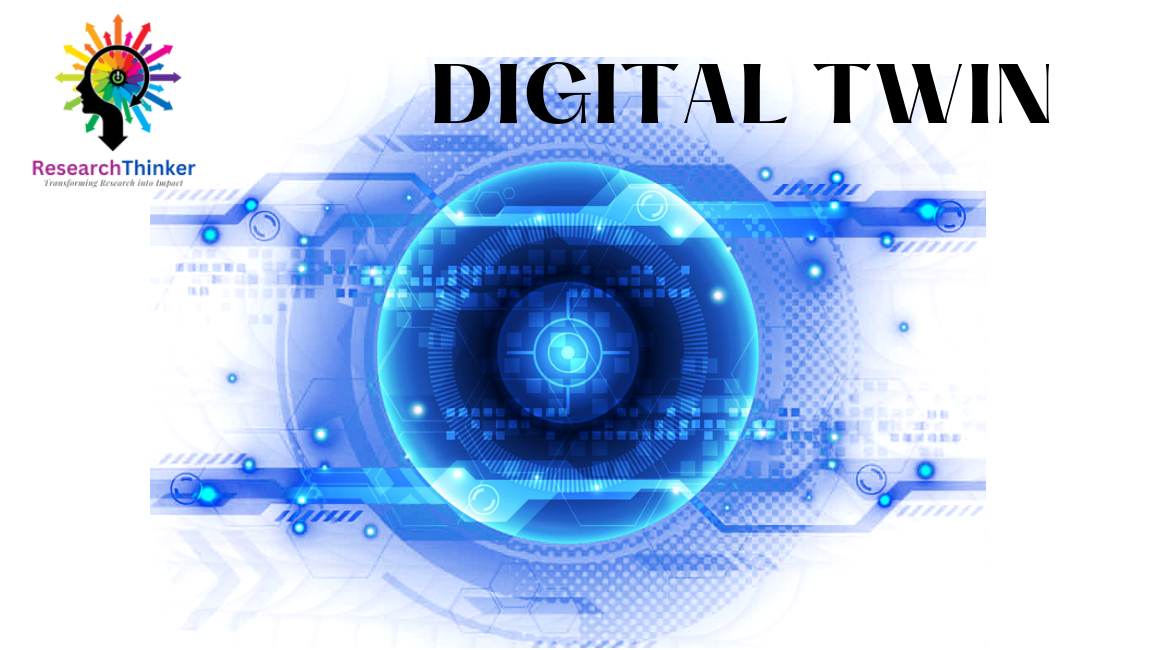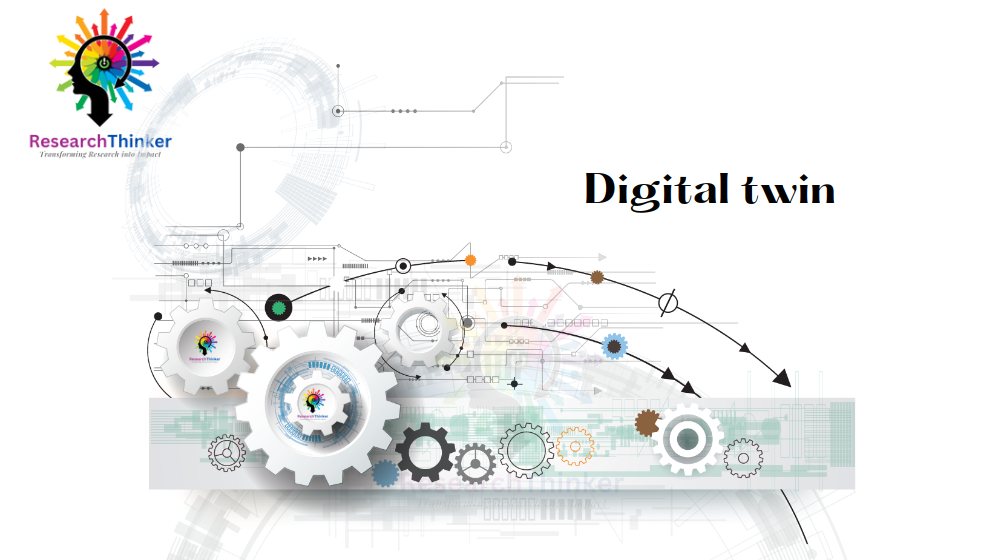Digital twins are having a significant impact on industries in several ways, including:
- Improved Efficiency: By using digital twins to simulate the behavior of systems and processes, organizations can identify areas where efficiency can be improved. This can help reduce costs, increase productivity, and improve overall performance.
- Predictive Maintenance: Digital twins allow organizations to predict when maintenance is required and prevent unplanned downtime. This can help improve reliability and reduce associated costs.
- Better Resource Management: Digital twins can be used to optimize the use of resources, such as energy, water, and raw materials. This can help reduce waste and associated costs, as well as improve sustainability.
- Enhanced Product Quality: Digital twins can be used to simulate the behavior of products and identify potential issues before they occur. This can help reduce defects and associated costs, as well as improve customer satisfaction.
- Improved Safety: Digital twins can be used to identify potential safety risks and prevent accidents. This can help improve worker safety and reduce associated costs.
- Innovation: Digital twins enable organizations to experiment with new ideas and test them in a virtual environment before implementing them in the real world. This can help reduce risks and accelerate innovation.
Digital twins are having a transformative impact on industries by providing organizations with the ability to optimize their operations, reduce costs, improve product quality, enhance safety, and drive innovation. As the technology continues to evolve, it is expected to have an even greater impact on industries in the future.





